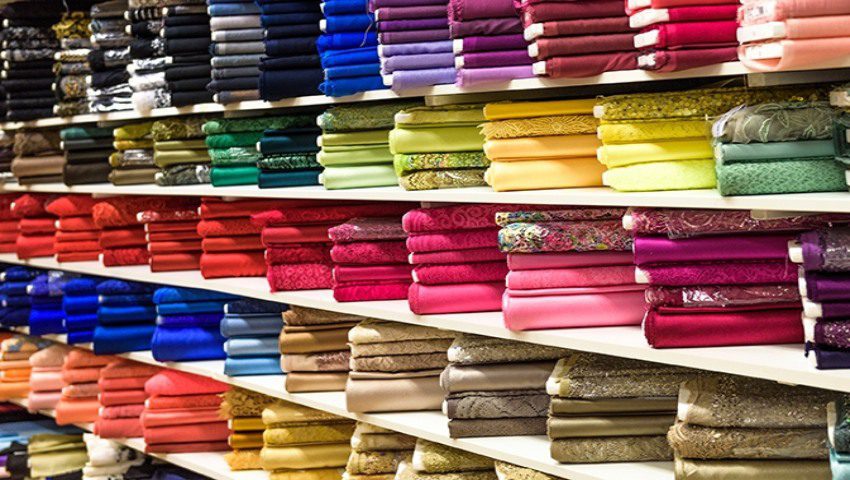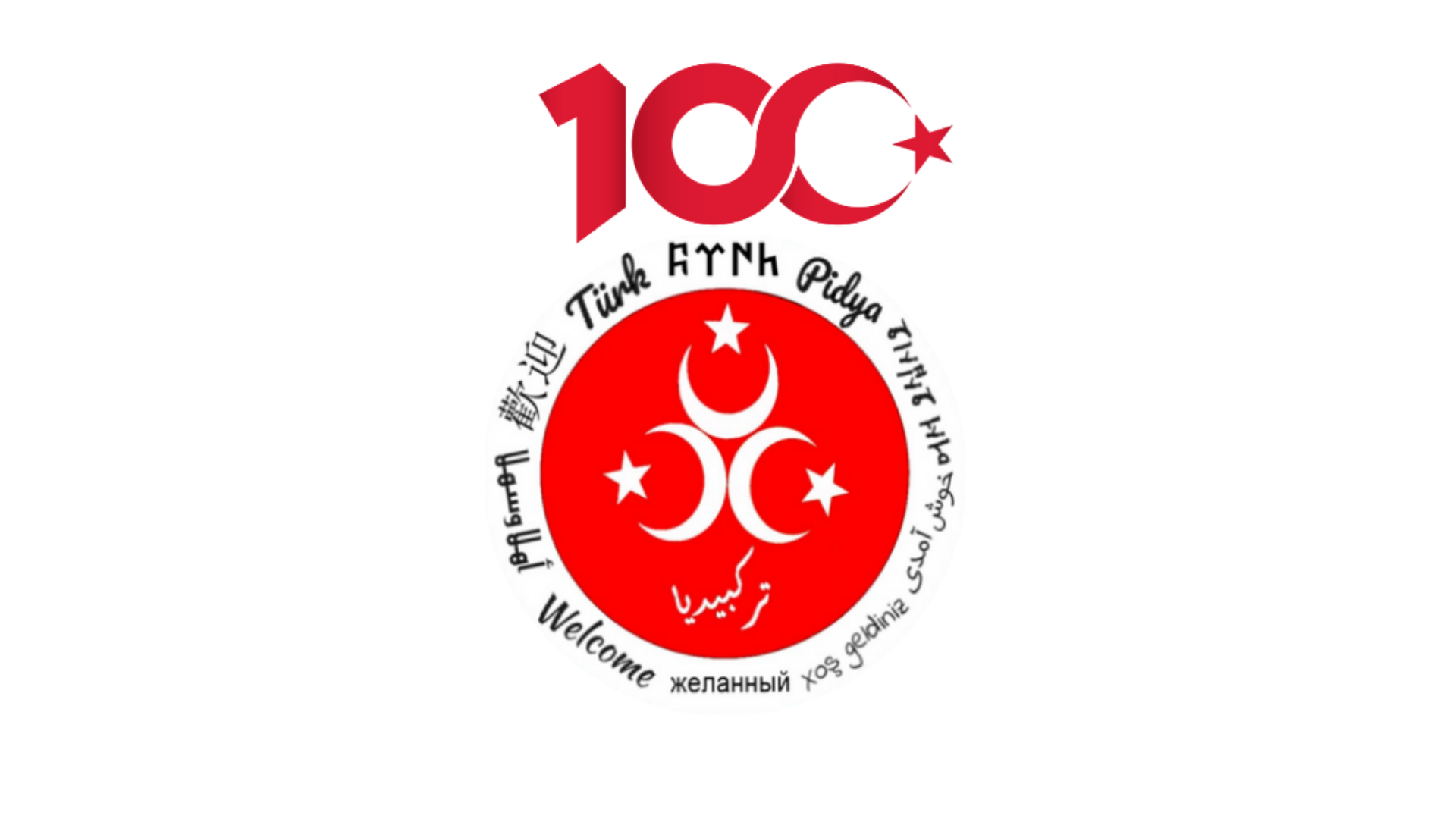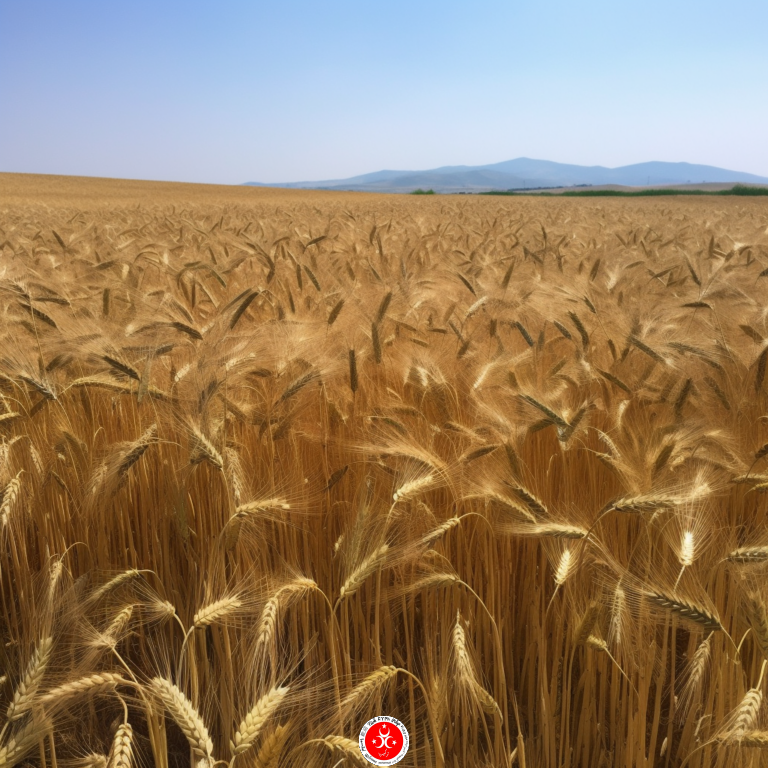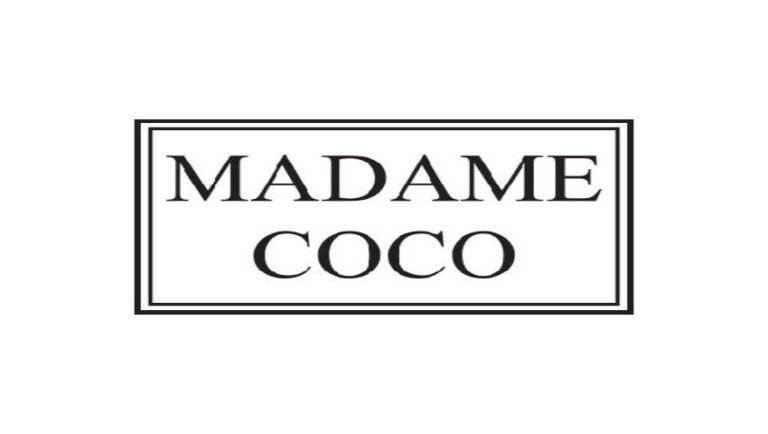Table of Contents
The textile sector, which includes fabric mills, accounts for over half of Turkey’s total manufacturing output. Turkey’s textile industry is one of the country’s most established. In recent years, fabric manufacturers have emerged as a significant subsector within the broader garment and home textiles sectors.
Fabric mills have long been vital to the global garment and manufacturing industries. The broader picture becomes clearer if we examine the home textile industry’s data from the last two decades.

Fabric Factories in Turkey
Turkey has fabric companies that can handle all gray fabric directories. In terms of current processing capability, this industry, which is the foundation of textiles, is similar to the European Union. Technology, skilled labor, and, most importantly, product quality demonstrate the fabric industry’s competitive advantages in worldwide markets. This is made possible by the requirement for technology, a broad variety of items, high quality, design, and innovation in their products. In addition to the strong foundations of textiles, skilled labor is a problem that must be addressed. Furthermore, the fabric sector generates a business space with a high degree of flexibility and adaptability.
Textiles should surely include contemporary supply inputs into its manufacturing in response to current market circumstances and adapt to new technology. These modernization studies have an impact on how businesses respond to changes in customer demand on a global scale.
As a result, the fabric sector pleases its clients by attempting to suit all demands in line with the circumstances. Textiles are in a market that requires quick reaction and great service capability. These characteristics encourage fabric makers and exporters to build a good reputation in international markets.
Fabric Factories – Mass Production in Turkey
Turkey has the ability to manufacture practically every sort of cloth used in garment production. The fabric industry, home textile, upholstery fabric, and other technical uses (particularly natural cotton fabric) are examples of raw material-based manufacturing.
The cotton plant provides a significant quantity of fabric manufacture. The cotton fabric business is divided into two segments. One of them is made up of huge corporations. Vertically integrated fabric manufacturing facilities that include fiber processing, spinning and weaving, dyeing, printing, and finishing operations. These are manufacturing plants for finished goods such as apparel or home textiles. The other group comprises of enterprises that are not integrated, mostly small businesses. These businesses are crucial to Turkey’s sub-sector branches.
Fabric Production Statistics in the Textile Sector
In the context of textile production, this sector relies mostly on local suppliers for its raw materials. Among the world’s leading cotton producers, Turkey stands out. A total of 880,000 tons of cotton were produced in Turkey in 2016/17, placing the country sixth worldwide. All around the world, people need more cotton than is being produced. Therefore, Turkey is the fourth largest cotton importer in the world, behind China, Bangladesh, and Vietnam. Turkey is able to produce synthetic textiles based on 100% polyester and polyester in addition to cotton fabric textiles. It may also be knitted or crocheted with other fibers, such as cotton, viscose, nylon, polyamide, wool, or linen.
Modern Textile Factories
Modern facilities capable of generating high-efficiency textiles are now available in both developed and developing nations. Aside from mechanical breakthroughs in yarn and fabric manufacture, fast advances in the discovery of novel fibers and techniques targeted at increasing textile qualities have occurred. On the other hand, it is preferable to set up a system that allows for further quality control.
Turkish Textile Geography
Turkey, one of the world’s top lint producers, is also a significant wool producer. Wool goods are mostly utilized by apparel producers and exporters. Fabric manufacturers are mostly concentrated in the provinces of Istanbul, Bursa, Adana, Denizli, Kahramanmaraş, zmir, Gaziantep, Tekirda, Kayseri, and Uşak. The majority of integrated fabric factories are in Istanbul, Bursa, Kahramanmaraş, Adana, and Gaziantep. To manufacture healthier, more ecologically friendly goods on a global scale, fabric providers must be receptive to technology advancements.
Many Turkish fabric producers are attempting to meet environmental product specifications. Standard 100, Organic Change, GOTS, and other well-known eco-labels, such as Oeko-Tex, use the criteria as their basis. As a consequence, fabric factory owners understand the importance of quality, and many are attempting to establish themselves on a particular scale in official business life by obtaining national and international quality certifications.
Textile Factories and Production Cycle
A textile factory is a manufacturing facility that produces and converts various kinds of fibers, such as yarn or fabric, into useful items. Jeans fabric, clothing, linens, towels, and bags are some examples. Things were labor-intensive when the first textile mills were constructed. Later, technology changed certain contemporary facilities into machine-operated processes. Textile manufacturers purchase raw materials and convert them into useful goods in a multi-step process.
A manufacturing cycle currently consists of the following stages: To achieve the required texture, natural or synthetic fibers are arranged in various ways. The fibers twist into a thread. Yarn is converted into fabric through procedures such as weaving and knitting. Fabrics are pretreated to make them ready to take dyes and other chemicals. Pigments and prints are used in dyeing and printing. Fabric finishing is applied to produce specifications or a desired aesthetic appeal. Antibacterial characteristics, water resistance, and fashion uses may be included in this procedure. Before preparing for fabrics, sales, and distribution, additional elements like as buttons or zippers might be incorporated.
Types of Fabrics in Turkey
NATURAL FABRICS
Animal or vegetable sources are made from the fibers found in animal skins and silkworm cocoons, including the seeds, leaves, and stems of plants. Natural fabrics are the best choice for everyone, as they do not cause side effects and do not harm. Besides the fact that it does not affect the fabric, as well as redness and others. There are many types of natural fabrics we use in our lives, such as changing their color due to the sun’s ultraviolet rays:
Cotton: It is one of the softest and gentlest fabrics on the skin of the body and the distinguishing feature of cotton is that it adapts to all seasons of the year and is suitable for all weather conditions.
Cotton in summer is characterized by its high yield. Cotton, which absorbs sweat and keeps the body cool, gives a feeling of warmth to cotton cotton fabric in winter.
Silk: This fabric is considered one of the most luxurious and luxurious types of fabrics and besides its shine it has a very soft texture and is comfortable to wear and suitable for any season of the year.
Linen: Linen is used for clothing, furniture, curtains, bedspreads, etc. It is the king of natural fabrics as it is widely used in its manufacture and is also one of the best choices for people with sensitive skin because besides its anti-allergic properties it does not cause any problems like irritability and others.
Wool : It is a light, soft, strong and long-lasting fabric. It is a fabric widely used in the manufacture of carpets and blankets, characterized by its resistance to wrinkles, absorbing moisture and sweat, as well as giving warmth in cold weather. Those who buy woolen fabrics.
Leather: Ultra luxurious fabric , soft and elastic, pleasant to the touch, comfortable, suitable for all cold and hot rituals.
Hemp: a soft and durable fabric with a beautiful sheen and long lasting, is heat insulating, characterized by moisture absorption, gives a feeling of warmth and withstands harsh conditions, suitable for all temperatures in all seasons of the year. Various products such as shoes, furniture, clothes, accessories, curtains, towels, in addition to its resistance to ultraviolet rays.
Jute: It is a strong and long-lasting fabric that is abundantly found in India and Bangladesh . It has many uses as it is used in packaging, clothing, furniture and accessories, carpets, threads, threads and sheets.
Synthetics
It is produced from inorganic materials or fibers made from a mixture of organic materials with chemicals. Synthetic fabrics have many properties, some of which are light and transparent, some are quick-drying and moisture-repellent, and there are very luxurious varieties like some types. Natural lot fabrics and strong and very tough types. These types include:
Acetate: A luxurious and soft fabric made from cellulose obtained by regenerating cotton or wood pulp, and this fabric is characterized by its resistance to shrinkage and mildew.
Chiffon: It is a light and sheer fabric made of silk, synthetic fiber , cotton , nylon, polyester or rayon , and is widely used in wedding and evening dresses, parties and scarves.
Acrylic: A light, durable and low-priced fabric, it is mainly used in the manufacture of chairs and sofas, as well as clothing such as shirts and other women’s fashions. Acrylic yarn buyers.
Organza: A thin and light fabric consisting of silk worms woven with synthetic fibers such as nylon and polyester , organza is woven with silk to obtain a more elegant fabric, and one of its most important uses is to make bags in all its forms.
Nylon : It is a light, strong, flexible, long-lasting, easy-to-clean and low-priced fabric made from petroleum products. Nylon is used in the manufacture of various products such as clothes, bags, suitcases and wallets .
Velvet: It is a soft and soft fabric that is easy to wash and dry, has a low price, and is used in the manufacture of many products such as sheets, sheets, sheets, sheets, trousers, shirts. curtains and others.
Polyester: It is a soft and strong fabric, characterized by its tensile strength, and polyester is often woven with another type of fabric to make it harder, for example, as it is woven with wool, and polyester is used in manufacturing. Curtain from Turkish fabric for floor coverings, bedspreads, pillows , insulation materials and sofa.
Taffeta: A soft, silky fabric distinguished by its shine and reflecting light and waves . Rayon is made from nylon or rayon and is used in women’s clothing.
Denim: It is a light, durable and comfortable fabric made of blue dyed twill fabric for making jeans .
Rayon: It is a fabric made by reshaping cellulose, it is used in the manufacture of many clothes and furniture, characterized by its low price and high efficiency compared to other fabric types such as taffeta.
Those who buy spandex fabric: It is a flexible, flexible fabric that is resistant to oil, heat, abrasion and sweat and can maintain its shape . It is also used in the manufacture of underwear in addition to the supports of water hoses.
Georgette : It is a transparent and light silk fabric that provides maximum comfort and low cost. It is made of silk or polyester and is widely used in the fashion industry.
Viscose is a fabric used for insulating fabrics and making underwear, socks, furniture, towels and tablecloths, it deteriorates quickly, so it is not used in the manufacture of solid products.
Devil: It is a shiny, shiny fabric and is characterized by the smoothness of its surface.
Those who buy cashmere: It is a fabric suitable for the cold and hot seasons of the year and stands out with its effectiveness in making ready-made clothing.
Lace is a well-known high-end fabric used in the high fashion industry and Turkish fabrics for bridal gowns and apparel, and is available in a variety of colors such as white, black and red.
Tulle: This fabric is used to make luxury wedding dresses and fashion dresses.
Lycra: It is one of the fabrics that are widely spread in the market, and it is one of the fabrics that stand out with its quality, flexibility and detailing the body features while wearing.
Tweed: It is a durable, elegant and warm fabric consisting of a few threads with small strokes, giving a classic rustic feel , and is used in the manufacture of skirts, coats, shoes and bags. Piece of tweed fabric.
Best Turkish fabrics providers
EBRUZEN TEXTILE LLC
Adress:
Isiktepe OSB, Beyaz sokak No:4/f nilufer
16140 Bursa
Phone number:
+90 224 246 97 17
JERSAN KNITTING CO
Address:
Bomonti, Guvenc Sokak No: 4, Sisli
34381 Istanbul
Phone number:
+90 212 225 1739
Turkish clothing buying sites
Besides Defacto, Turkey contains many famous and reliable clothing brands, the most important of which are LC Waikiki and Koton Store.
In addition, you can buy directly from online shopping sites in Turkey, which are characterized by containing many different brands of Turkish clothing.
Wholesale clothes in Turkey
There are a lot of clothes suppliers that offers elegant and stylish clothes at a wholesale price.
You can find in our report a lot of different website that you can shop and buy wholesale clothing from turkey online.
What textiles is Turkey known for
Turkey’s textile industry has been a major source of income and employment since the Ottoman Empire. The country produces cotton, silk, wool, linen, rayon, synthetic fibers, leathers, cottons, and many other products.






